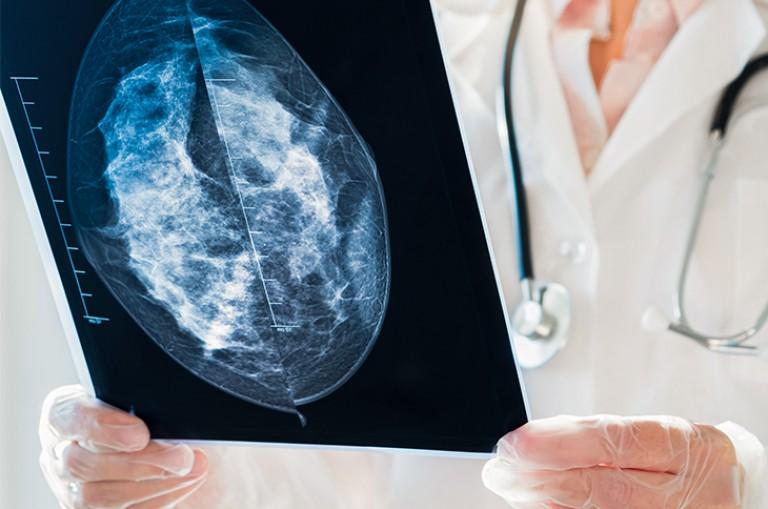
Social Stress Factors Drive Cancer Mechanisms that Help Explain Racial Disparities
Published
Written By

Sarah Avery
Director, Duke Health News Office
Topics
Related News


Duke University School of Medicine
Related News


Duke University School of Medicine
